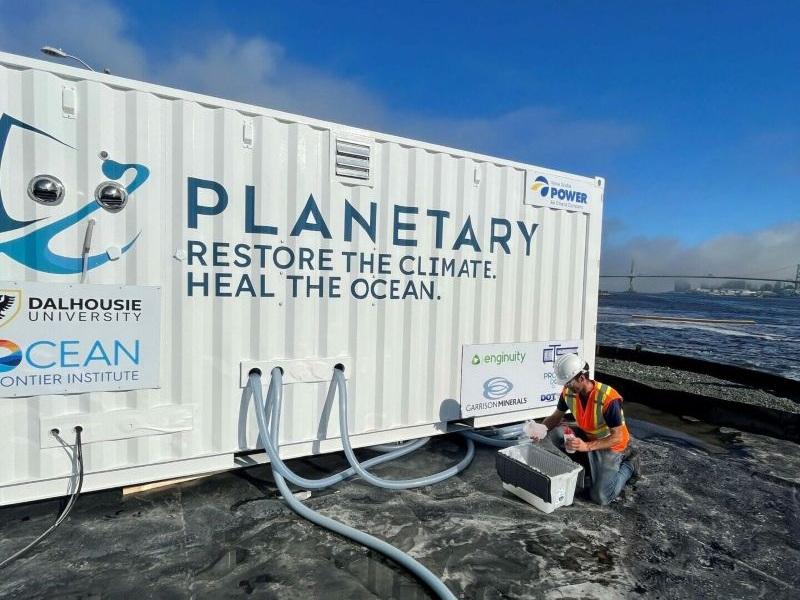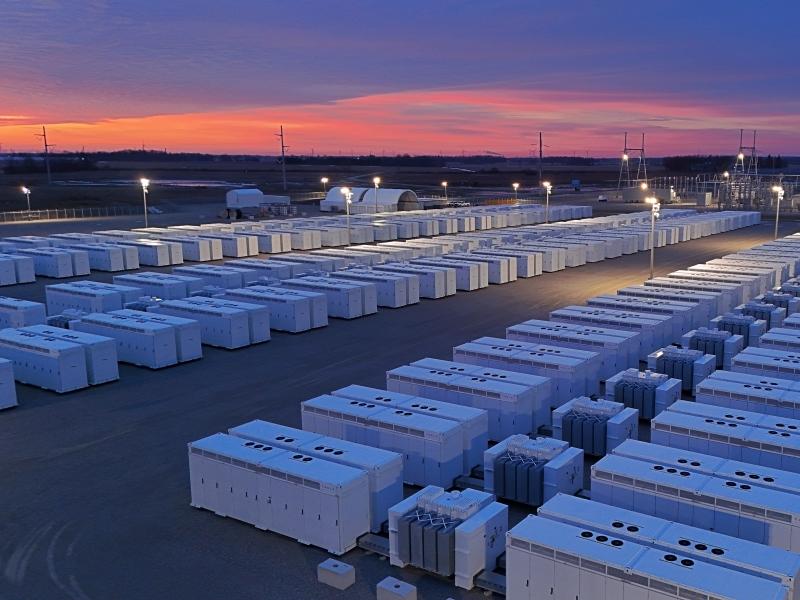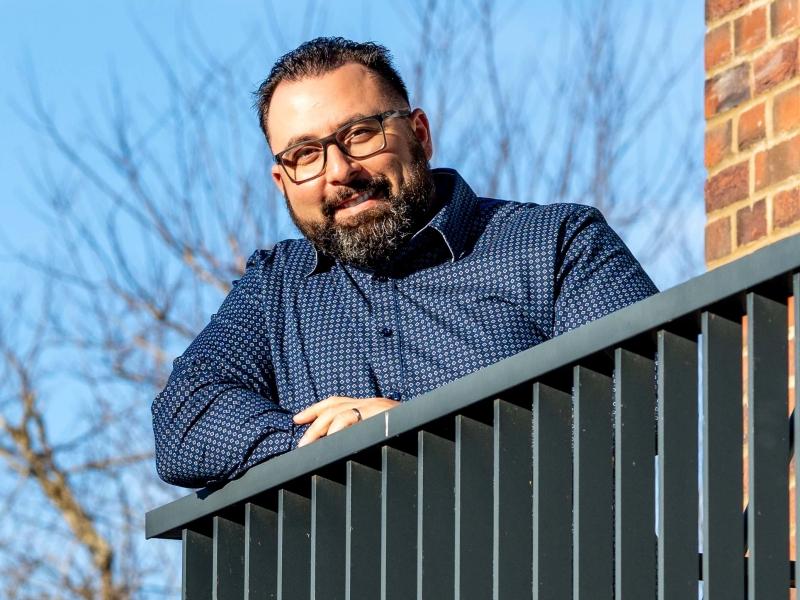
Vancouver-based Loop Energy Inc. has delivered the first three hydrogen fuel cell systems to H2 Portable Power Corp., for integration into its hydrogen-electric gensets to provide power to remote areas.
H2 Portable, headquartered in Chilliwack, B.C., has a strategic product development and manufacturing partnership with TYCROP Manufacturing Ltd. Following the delivery of the 50-kilowatt T505 systems, the gensets are expected to begin field testing in 2023.
H2 Portable and TYCROP hope to begin scaling-up production in 2024.
Loop Energy (LPEN-T) is a designer and manufacturer of fuel cell systems targeted for the electrification of commercial vehicles, including light commercial vehicles, transit buses and medium and heavy-duty trucks.
“H2 Portable is a company that was founded around providing zero-emission power to users of diesel generator systems,” Ben Nyland, Loop Energy’s president and CEO told SustainableBiz.
"Our systems are designed initially with commercial vehicles in mind," he said. "But what's interesting about the stationary space, and specifically the stationary generator space that H2 Portable is in, is the products that we've designed actually fit quite well into the requirements for what's needed there.”
H2 Portable’s generators can be used on movie sets, construction sites and other locations with limited grid power access.
Loop Energy’s hydrogen fuel cell systems
Loop Energy was founded in 2000 behind its proprietary eFlow technology. Nyland calls the technology a bipolar plate design – meaning it handles the flow of gases and the removal of waste by-products more efficiently than other systems.
The technology was developed with assistance from the National Research Council of Canada, and the first eFlow products were launched over the past several years. Today, Nyland states eFlow systems are in use around the world, from bus fleets in China to delivery trucks in the U.K.
“Loop is one of those 20-year overnight success stories that we're all so excited about,” he said.
H2 Portable reached out to Loop Energy after a tender process, noting the fuel efficiency of its system. Loop Energy’s global technical services team is working alongside H2 Portable and TYCROP to optimize and commercially scale the gensets.
Nyland explained that so far, the process to slot the eFlow systems into stationary power has been “fairly straightforward.”
“A big part of the reason why we're interested in supporting this space is because it doesn't require a big redesign of what we're building. The other reason we're interested in working with companies like H2 Portable, and we're starting to see more activity here locally, is because of the local interest,” he said.
"A lot of what we do in the commercial vehicle space, the customers are abroad. They're in Europe, they're in China. There aren't a lot of commercial vehicle manufacturers in Canada.
"So the great thing about the stationary space and companies like H2 portable and TYCROP is it offers the opportunity for these solutions to be deployed in British Columbia and for us to start getting the benefits of the reduced emissions right here.”
Nyland did not disclose specifics, but said Loop Energy has facilities in Burnaby, B.C. and China that can each produce over a thousand systems annually.
He expects H2 Portable to sell the generators across North America.
“Working with H2 Portable allows us to really understand what their needs are and optimize the systems for those needs. Fortunately, it's in alignment with the commercial vehicles and so it allows us to scale the product across applications,” Nyland said. "So H2 Portable and TYCROP will benefit from the scale that comes from scaling the commercial vehicle side and vice versa.”
The cost of the systems depends on the needs of the client, but it is “in and around” $1,000 per kilowatt.
Loop Energy’s other partnerships and future developments
Loop Energy was recently selected by Oxnard, Calif.-based Wiggins Lift Co. to provide the fuel cell system for its eBull forklift.
The company will deliver the system and begin commissioning in Q2 2023 to support commercial deployment of the hydrogen-electric forklifts in late 2023. In this case, the system will be 30 kilowatts.
According to a release, the global forklift truck segment is estimated to require over 1.5 million units per year, with as many as 60 per cent of these trucks being fully electrified.
Regarding partnerships or implementations of its systems into different technology, Loop Energy is most concerned with the ability to scale commercially.
“We have customers and partners around the world,” he said. “We're not as concerned about geography, certainly, what's important to us is not just that there's interesting technology with the partners, but that they have a real business plan.”
For now, Nyland believes the availability of hydrogen is growing at pace with the corresponding technology. In fact, he sees more hydrogen production coming online – in B.C. in particular.
“If you're talking about scaling into thousands or tens of thousands of units, then hydrogen availability can become an issue,” he said.
“But that sort of scale is going to take a few years and with initiatives like the (U.S.) Inflation Reduction Act and the incentives for hydrogen production that are coming from that, and some of the work that's being done here in Canada to produce more hydrogen, we're confident that the hydrogen production will keep pace with the requirements of the applications.”










